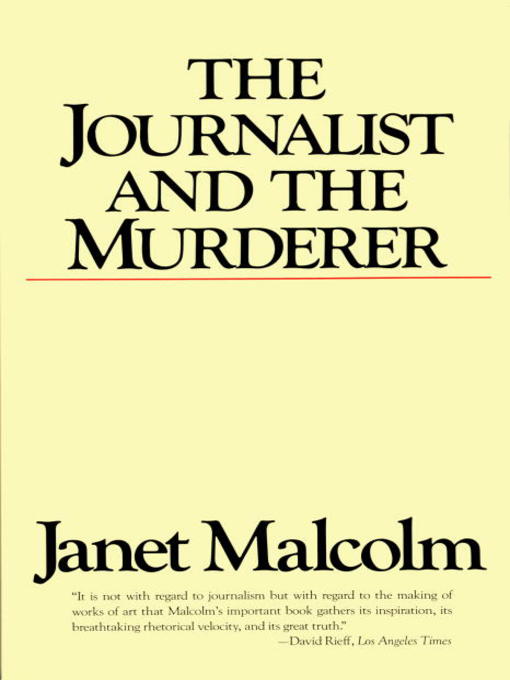- Coming to America
- NY Times Fiction Best Seller List: 2015
- Local Authors and Illustrators
- Season's Readings
- Mother Continent
- Feasting Time!
- Planes, Trains, and Automobiles (and Boats!)
- Tour of America
- Dance the Night Away
- California Dreamin'
- Indigenous Peoples' Day
- Monster Mash
- Magical Realism
- See all
- Coming to America
- NY Times Fiction Best Seller List: 2015
- Local Authors and Illustrators
- Season's Readings
- Mother Continent
- Planes, Trains, and Automobiles (and Boats!)
- Tour of America
- Dance the Night Away
- California Dreamin'
- Indigenous Peoples' Day
- Monster Mash
- Magical Realism
- Bans Off Our Books
- See all
- Home & Garden
- Cooking & Food
- Fashion
- News & Politics
- Sports
- Celebrity
- Business & Finance
- Kids & Teens
- Science
- See all


